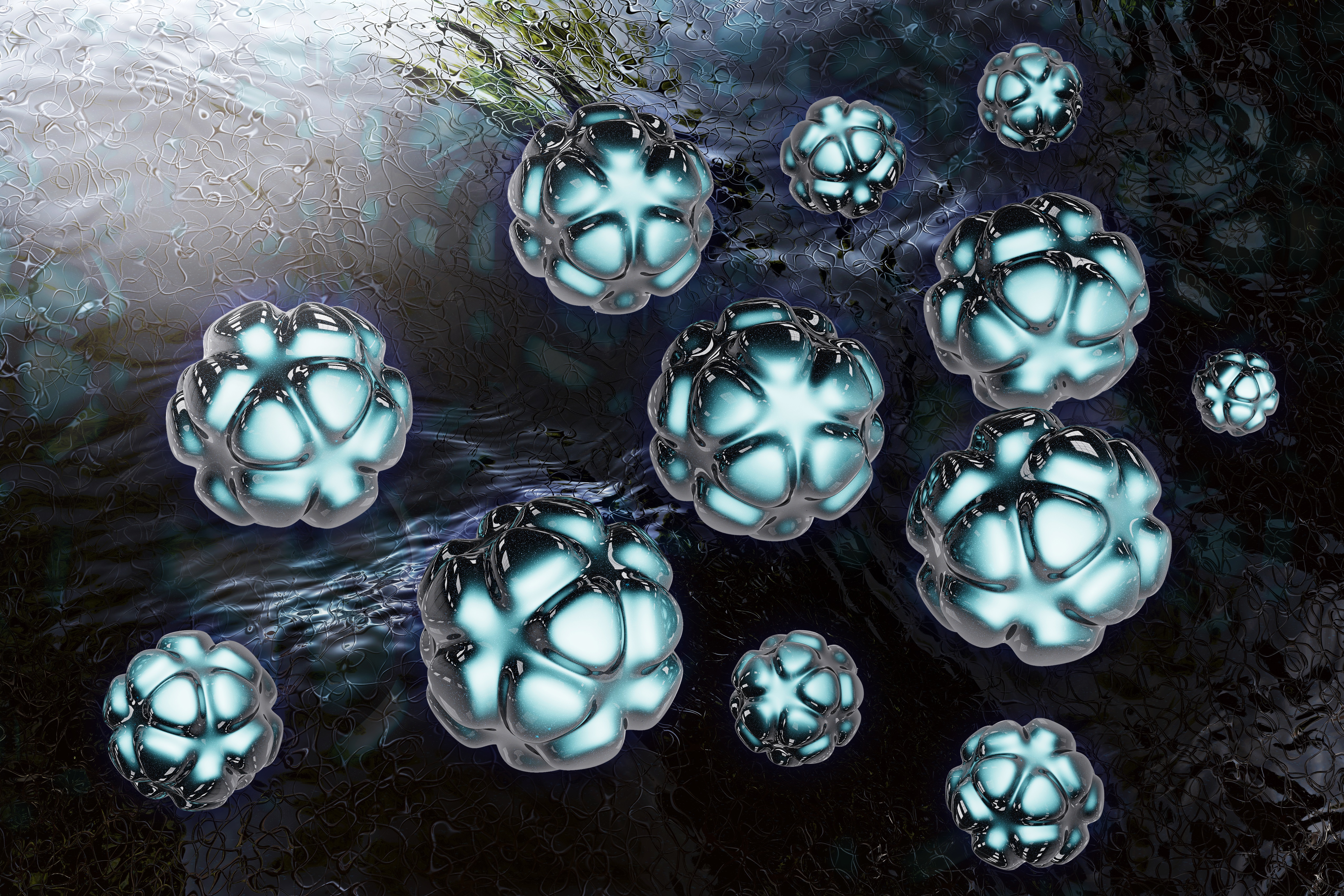Researchers from the University of Florida Health (UF Health) system have developed new medicinal compounds that may have important implications for cystic fibrosis patients who suffer from biofilm-associated bacterial infections.
Biofilms are a collection of microorganisms, like bacteria, that come together and form a sticky film. This sticky film is associated with infections that do not respond to conventional treatments, such as antibiotics, since the treatment is unable to penetrate the film layer. The current literature shows that biofilms have huge public health implications, especially for patients with cystic fibrosis, chronic wounds, and catheter-associated infections.
This important research is being conducted in the laboratory of Dr. Robert Huigens, PhD, assistant professor of medicinal chemistry, UF College of Pharmacy, UF Health. Dr. Huigens’ research is focused on using innovative strategies to tackle current infectious disease challenges associated with complex molecule synthesis, drug-resistant bacteria and cancer.
When discussing his research, Dr. Huigens states, “Using synthetic chemistry, we have developed a series of marine antibiotic-inspired molecules that target a problem conventional antibiotics are unable to address because cells housed within bacterial biofilms are tolerant of them. We have been aware that biofilms greatly contribute to infections over the past 20 years, but there are no biofilm-eradicating therapeutic agents available. Discovering and developing potent biofilm-killing agents is the first step toward eradicating biofilms in patients.”
Dr. Huigens continued, “Previous biofilm-eradicating compounds have been difficult to develop as they destroy cell membranes of both bacterial cells and healthy human cells. Our discovery offers the potential for future drug therapies to selectively target the cells within biofilms without killing human cell types. This discovery could lead to a major breakthrough in biomedical research.”
The researcher’s colleague, Dr. Hendrik Luesch, PhD, professor and chair of the department of medicinal chemistry at the College of Pharmacy and the Debbie and Sylvia DeSantis chair in natural products drug discovery and development, goes on to explain the contribution this research is making: “In the center, we identify natural products with promising biomedical utility and oftentimes use them as a starting point to create compounds that are even more powerful or selective than what nature provides us. This research is a prime example where the marine environment provided a template that upon further chemical modification resulted in excellent biofilm-eradicating agents. Through our expanding screening platform in the center, we were able to discover anti-tuberculosis activity for certain HP compounds, which opens up additional opportunities for drug development.”
To view a short video on Dr. Huigens’ research, click here.

